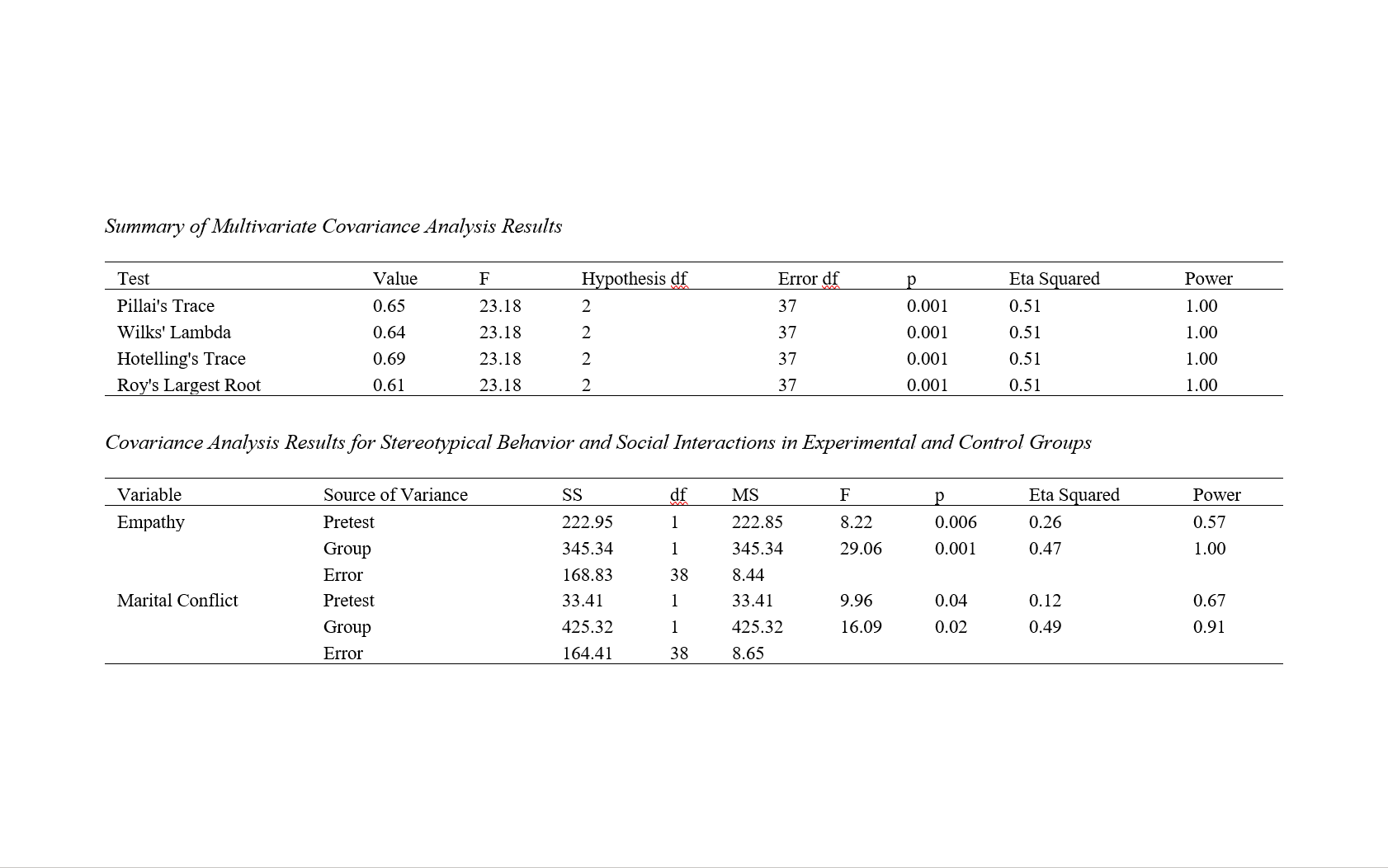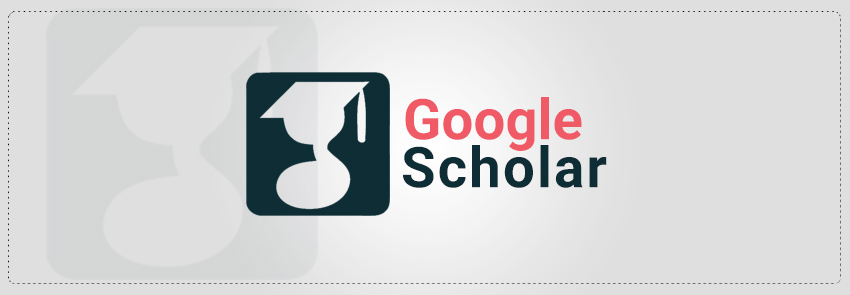Determining the Effectiveness of Compassion-Focused Therapy on Empathy and Marital Conflicts Among Women Whose Spouses Are Recovering from Drug Addiction
Keywords:
Compassion training, empathy, marital conflicts, wife recovering from drugsAbstract
The consequences of addiction include physical, psychological, social, and economic problems for the individual dependent on drugs and their family. The present study aimed to investigate the effectiveness of compassion-focused therapy on empathy and marital conflicts among women whose spouses are recovering from drug addiction. The research method was quasi-experimental with a pretest-posttest control group design. The statistical population consisted of women with spouses in recovery from drug addiction in all addiction treatment centers in Isfahan in 2023. The sample was selected through convenience sampling from addiction treatment centers in Isfahan and then randomly assigned to two groups of 20 participants each (experimental and control groups). Mehrabian and Epstein's Empathy Questionnaire (1972) and Sanaei’s Marital Conflict Questionnaire (2008) were administered to both groups. The experimental group received compassion-focused therapy according to Gilbert’s Compassion-Based Therapy (2010) in a group setting, while the control group did not receive any training. After the completion of the training sessions for the experimental group, both groups completed the questionnaires again. The results of data analysis indicated that compassion-focused therapy significantly affected the variables of empathy (F = 29.06) and marital conflicts (F = 16.09) in women whose spouses are recovering from drug addiction. Based on the findings of the study, compassion-focused therapy is recommended for improving empathy and reducing marital conflicts in women whose spouses are recovering from drug addiction.
Downloads

Downloads
Additional Files
Published
Issue
Section
Categories
License
Copyright (c) 2024 Vahid Haj Alikhani Jalalabadi (Author); Mahnaz Haji Heydari (Corresponding Author)

This work is licensed under a Creative Commons Attribution-NonCommercial 4.0 International License.







